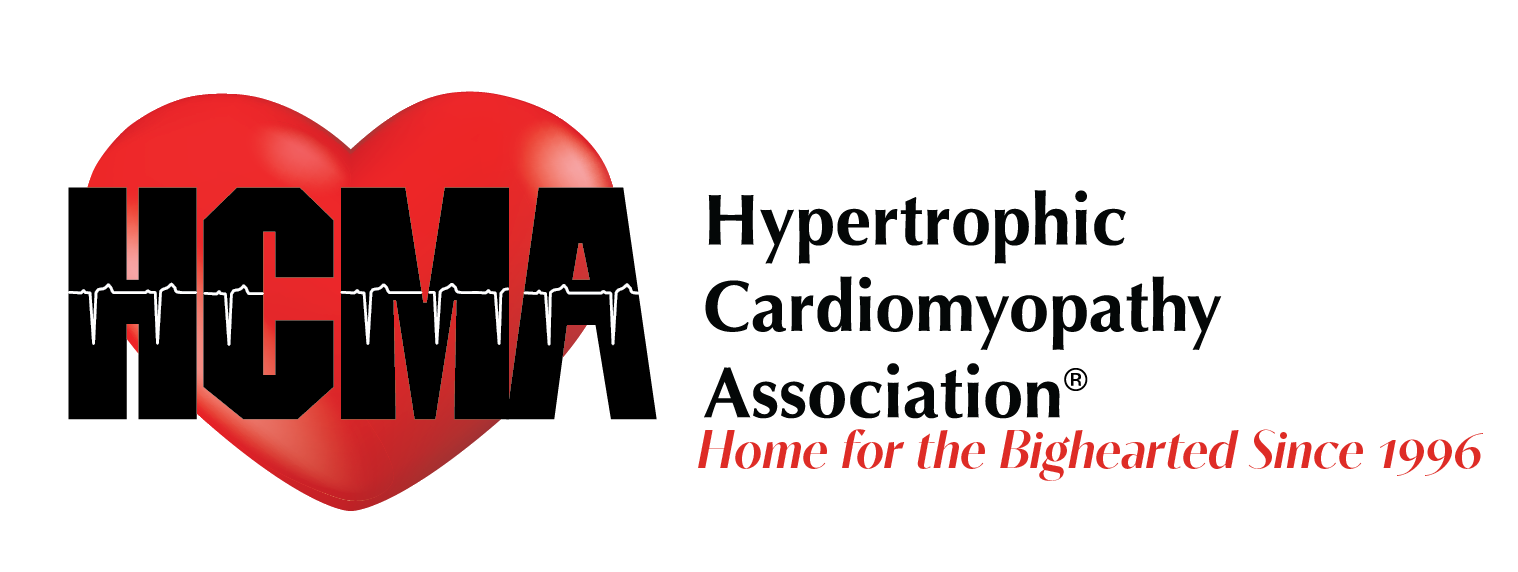
It’s Thanksgiving in the U.S. But we’re not going to list things we should be thankful for, or rehash the history of the holiday. Instead, let’s think about gratitude, a response to some benefit given to you by someone (or something) else.
Mental attitudes have been shown to affect our health. And this seems to be true for HCM as well. But let’s be clear: you won’t cure your heart by having a “positive attitude.” Many of us with HCM have stories about how infuriating it can be to have people tell us that we need to be more optimistic instead of having (a myectomy, ICD, transplant, drug . . .). That said, attitude does matter.
There’s an old idea that the mind is entirely separate from the body. This is often called “Cartesian mind-body dualism” after the 17th century French philosopher René Descartes. Some people still think this. But research has shown that our minds are functions of our bodies, and that our state of mind can affect our bodies. By the way, let’s give Descartes credit. His work laid the basis for a lot of mathematics, scientific methodology, and philosophy. He wasn’t just some guy who thought odd stuff. But even really smart guys sometimes get things wrong.
Health and gratitude
There’s a fair bit of research on how gratitude affects health. It’s difficult to distinguish between people’s personalities (some people are just more likely to be grateful than others) and their responses to individual events. Researchers call the personality trait “trait gratitude,” and the responses to individual events “state gratitude.”
Gallagher et al. (2020) studied the effect of gratitude on healthy university students’ cardiovascular responses to stress. The stress was a repetitive arithmetic problem. Students were told they were not doing well, even when they were! Then they were told to repeat portions of the problem. The researchers asked if this affected blood pressure or heart rate. They scored gratitude with questionnaires: one about attitudes in life, and one about responses to events in the past week.
The result is impressive. The more students scored for state gratitude, the less their systolic blood pressure increased! There was no effect of trait gratitude. But neither measure of gratitude was related to changes in heart rate or diastolic pressure. The researchers controlled for a number of things that might confound the results.
This suggests that gratitude about recent life events may help people handle stress better.
What should we conclude about our own lives?
Our blood pressure may benefit from giving a bit of thought – and gratitude – to good things as they happen in life. That’s even relatively easy to do! I think it’s a bit comforting that there’s no suggestion in this study that we need to change our basic personalities. That’s hard to do!
We don’t know if gratitude may affect our cardiovascular health in other ways. We’ll have to wait for further research.
If we can ignore the tendency to eat and drink too much, Thanksgiving might actually offer some health benefits. Just remember to thank the cook!
Literature cited
S Gallagher, A. Castro Solano, and M. Fernández Liporace. 2020. State, but not trait gratitude is associated with cardiovascular responses to acute psychological stress. Physiology & Behavior 221: 112896. https://doi.org/10.1016/j.physbeh.2020.112896
The post Thanksgiving and gratitude appeared first on Hypertrophic Cardiomyopathy Association.

 Translate
Translate


